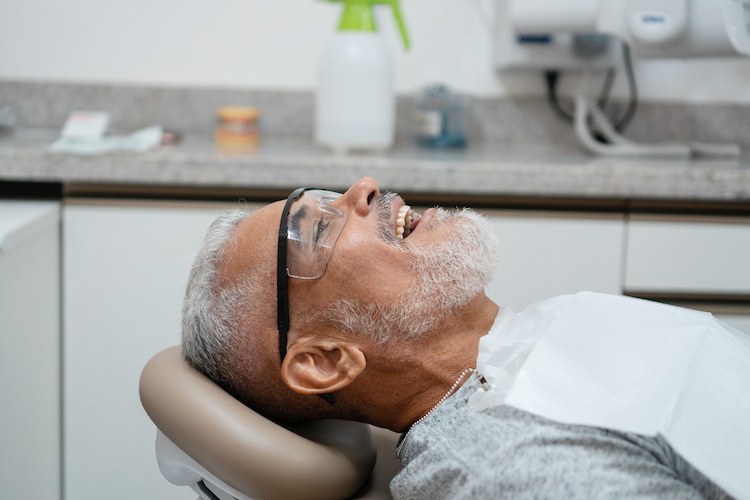Oral surgery can be a daunting prospect, whether it’s a routine wisdom tooth extraction or a more complex procedure like dental implant placement. One of the most common concerns patients have is whether they will experience pain or anxiety during the process. Sedation dentistry is often the solution to this fear, offering comfort, relaxation, and a stress-free surgical experience. But not every case needs sedation to be successful.
Understanding Sedation Dentistry
Sedation dentistry uses medication to help patients relax during dental procedures. It’s not the same as general anesthesia, which renders you completely unconscious. Sedation levels range from minimal (awake but relaxed) to deep sedation (on the edge of consciousness, but still responsive). Your oral surgeon will determine which level is most appropriate based on your procedure, health history, and comfort level.
There are several methods of sedation. Nitrous oxide, also known as laughing gas, is inhaled and provides a mild level of relaxation. Oral sedation involves taking a pill before the procedure, which helps reduce anxiety. IV sedation delivers medication directly into the bloodstream for a deeper level of calm, often used for more invasive surgeries. These options are designed to reduce pain, alleviate anxiety, and make time seem to pass more quickly.
When Sedation Might Be Necessary
Not every oral surgery requires sedation beyond local anesthesia, which numbs the surgical area. However, some circumstances make sedation a highly beneficial or even necessary part of the treatment plan. For example, if you’re undergoing a lengthy or particularly invasive procedure, like bone grafting or multiple extractions, sedation could help make the experience more tolerable.
Sedation is also a good choice for patients with dental phobia, a history of traumatic dental experiences, or a strong gag reflex. Individuals with special needs or those who have difficulty staying still for extended periods may also benefit from some form of sedation. If anxiety is keeping you from scheduling or following through with recommended oral surgery, sedation can be a game-changer. It could not only help you remain calm during the procedure but also lead to a more positive association with dental care overall.
Safety and Considerations
Sedation dentistry is generally safe when administered by trained professionals. Oral surgeons and dentists who offer sedation are typically certified and follow strict safety protocols, including monitoring your vital signs throughout the procedure. That said, not everyone is a candidate for every type of sedation. Your overall health, medications, and medical history will all play a role in determining what’s right for you.
During your consultation, your oral surgeon will evaluate these factors and discuss the sedation options available. You’ll receive detailed instructions on how to prepare, such as whether to avoid eating or drinking before your appointment. Post-operative care will also be discussed, especially if you’ll need someone to drive you home and stay with you for a few hours.
Making the Decision
The decision to use sedation dentistry is a personal one, and it should be made in collaboration with your oral health care provider. If you have concerns about pain, fear, or simply feeling overwhelmed during a surgical procedure, don’t hesitate to bring them up. Your dental team is there to ensure your comfort and safety. In many cases, choosing sedation can improve not only your experience during surgery but also your recovery and long-term approach to dental care. Being relaxed allows your dentist or oral surgeon to work more efficiently, which can lead to better outcomes and shorter chair time.
Sedation Dentistry in Knoxville, TN
At East Tennessee Periodontics, we understand how intimidating oral surgery can be. For complex cases, we often recommend sedation to help ensure a successful procedure and recovery. But even minor cases of surgery could benefit from sedation if you have anxiety. Contact our office today to schedule a consultation and see if sedation dentistry is right for you.

